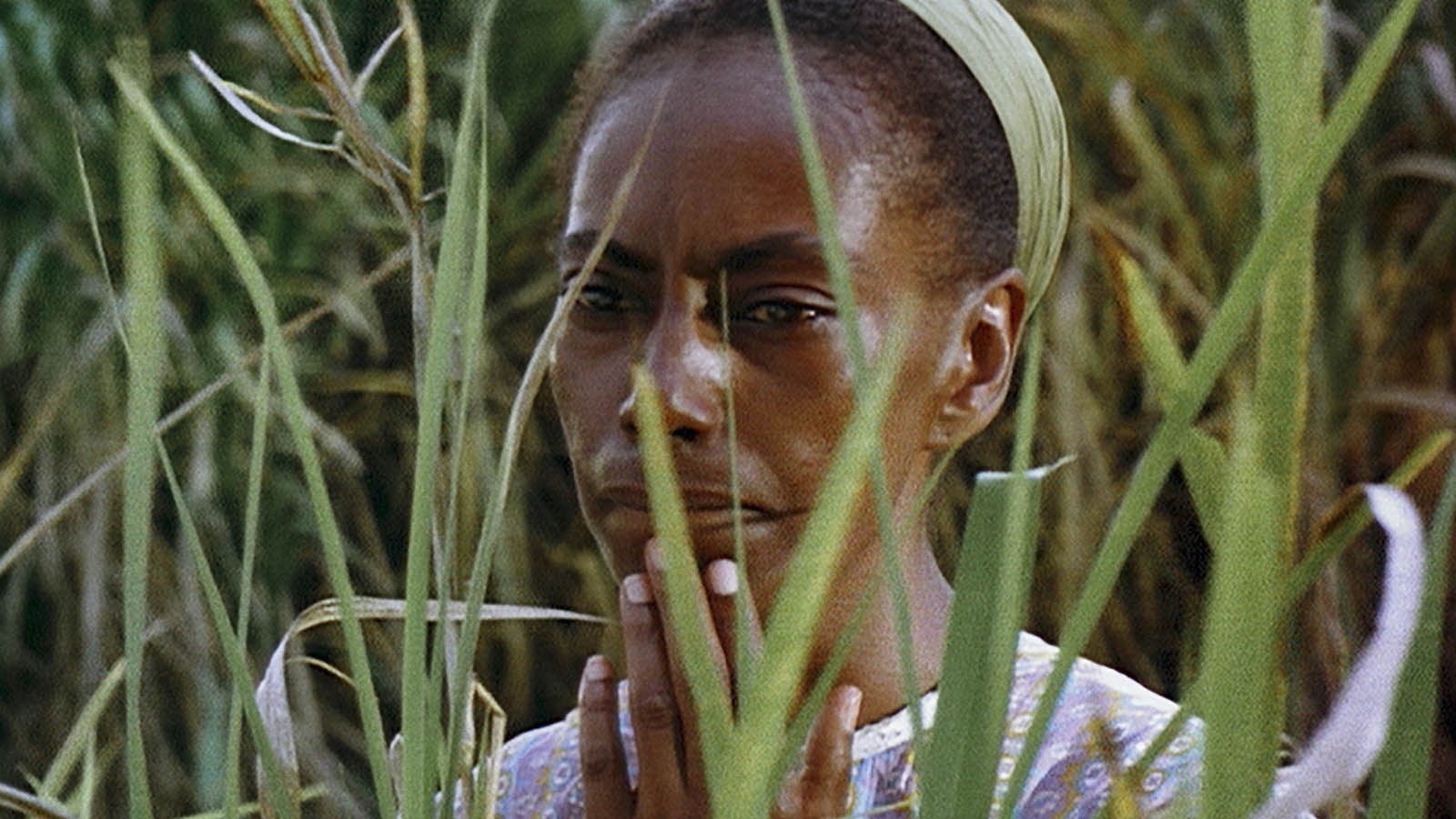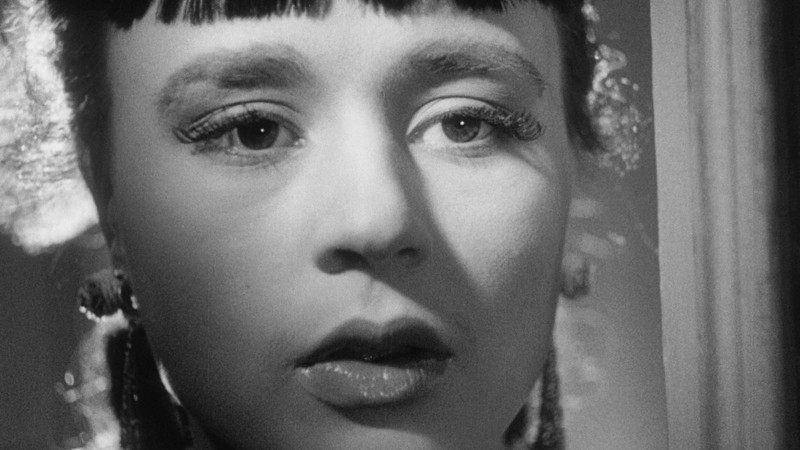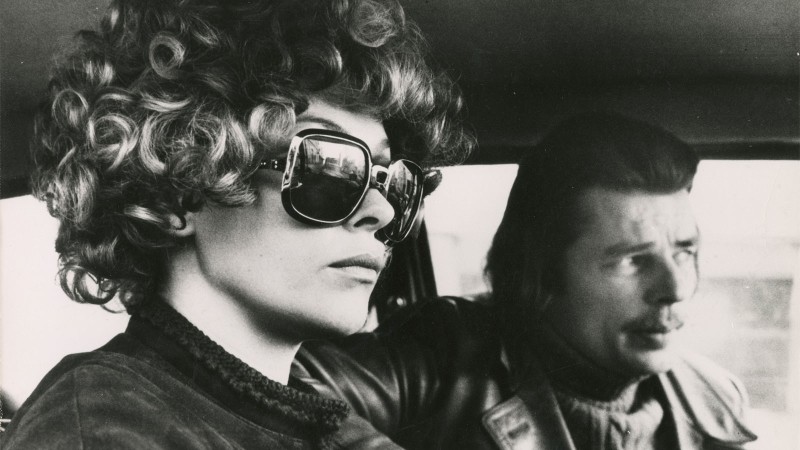Loss and Renewal

Four years late and nearly twice as costly as originally planned, the Academy Museum of Motion Pictures finally opened this week in Los Angeles. Judy Garland’s ruby slippers from The Wizard of Oz and one of the sleds from Citizen Kane are on display, and there are exhibitions celebrating the work of Hayao Miyazaki and tracing the history of cinema. “The industry’s ugliness, its racism and sexism, is directly addressed, but the emphasis is on diversity and pluralism, not past and present sins,” writes Manohla Dargis in the New York Times. “Call it a museum of good intentions.”
- Introducing a spotlight in the new Cinema Scope on this year’s comeback edition of Cannes, editor Mark Peranson suggests that the competition “peaked” with Memoria, which “completely makes its audience experience cinematic time and sound in a different way.” He then turns to Ryusuke Hamaguchi’s Drive My Car, a “generous film for thinking adults that takes its time to delve into its overflowing ideas and interrelations.” Jordan Cronk’s interview with Memoria director Apichatpong Weerasethakul is the cover story, and the spotlight includes reviews of Julie Ducournau’s Titane, Nadav Lapid’s Ahed’s Knee, Bruno Dumont’s France, Hong Sangsoo’s In Front of Your Face, Maureen Fazendeiro and Miguel Gomes’s The Tsugua Diaries, and—in the print edition—Leos Carax’s Annette.
- Critics Keith Phipps and Scott Tobias have been working together for more than twenty years, first at the A.V. Club, and then at The Dissolve, Pitchfork Media’s sorely missed movie site. With Tasha Robinson and Genevieve Koski, they currently cohost The Next Picture Show, a biweekly podcast “examining how classic films inspire and inform modern movies.” Now Phipps and Tobias have launched The Reveal, “a newsletter that offers us more freedom than ever to write to our passions.” David Chase features prominently in the first round of dispatches, with Phipps writing about Not Fade Away (2012) and Tobias taking on the new Sopranos prequel, The Many Saints of Newark.
- In 1979, Iván Zulueta, “a central figure of the post-Franco Movida Madrileña countercultural movement and close colleague—and indeed inspiration to—Pedro Almodóvar,” as Jon Dieringer notes at Screen Slate, made his second and last feature. Arrebato finally sees its first release in the U.S. today as Anthology Film Archives presents a weeklong run, screening a newly struck 35 mm print through Sunday, followed by presentations of a new 4K digital restoration. Arrebato is “a blighted, frightened piece of work,” writes Nick Pinkerton at 4Columns. “You may want to back away from it sometimes, but its weird, nodding, incantatory pull keeps you hanging around for another fix.”
- The arrival of Paul Verhoeven’s Benedetta occasions a deep dive into nunsploitation from Madelyn Sutton in the Notebook. “Cloaked in the magnetic mystery of her thick twill tunic, the solid walls of the cloister, and the impenetrability of her spirituality, the nun is a walking embodiment of the original injunction against looking,” writes Sutton. “This regulated interiority has made of the nun a potent figure of fantasy from the earliest days of organized Christianity, and on into the present day. What better medium could there be for plumbing her tantalizing depths than film—an all-seeing eye whose very nature is to reveal, and to capture in the visible world the signs of the ineffable?”
- On the latest episode of Talk Easy, Sam Fragoso talks with Julie Delpy about her new Netflix series, On the Verge; dealing with misogyny in the industry; and the difference between “crazy” and “intense.” Toward the end of the conversation, they watch a scene from Before Midnight (2013) which Delpy wrote for Xenia Kalogeropoulou. It’s a monologue that leads Delpy to movingly reflect on life’s transiency and on how we cope with the losses we’ve experienced—and those that we know are yet to come.



